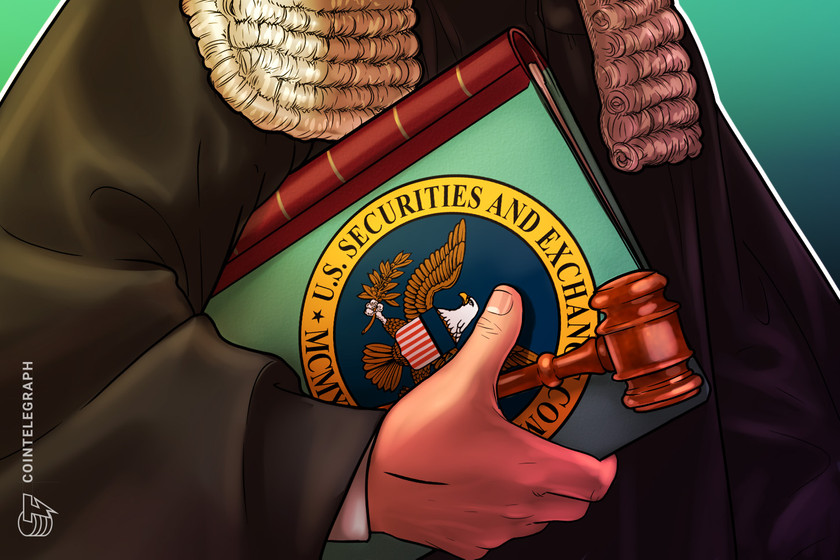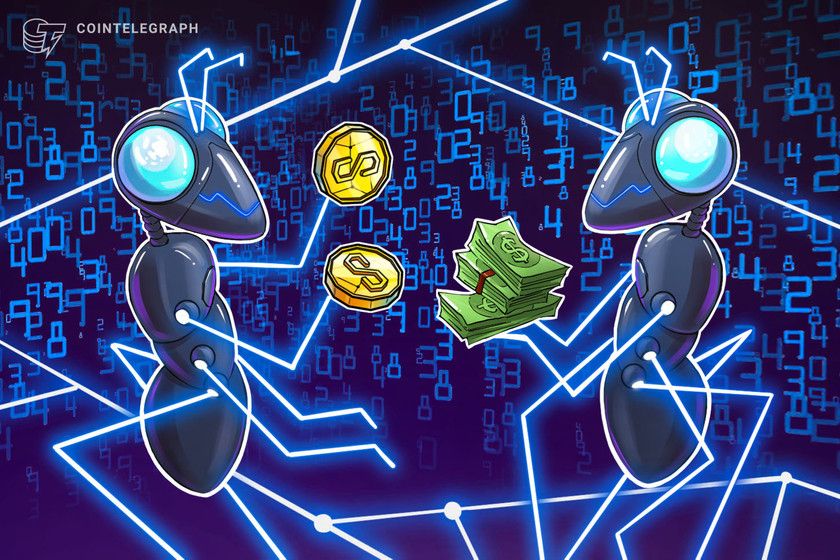Watchdog group doubles down on Circle-Tron money laundering claims


The Campaign for Accountability released a new open letter criticizing Circle’s Cross Chain Transfer Protocol.
Nonprofit ethics group Campaign for Accountability (CfA) has doubled down on its money laundering claims against Circle, publishing a new open letter on Dec. 14 claiming that the USD Coin (USDC) issuer is facilitating the funding of terrorist organizations.
The CfA originally made these claims on Nov. 9 in a letter to United States Senators Elizabeth Warren and Sherrod Brown. Circle responded to the claims on Nov. 11, claiming the allegations were based on uncorroborated, unverified social media posts.
The new letter was also addressed to the two U.S. senators and was signed by CfA executive director Michelle Kuppersmith. In the new letter, Kuppersmith took aim at Circle’s Cross Chain Transfer Protocol (CCTP), a blockchain protocol that allows users to transfer USDC between multiple networks, including Tron.



























